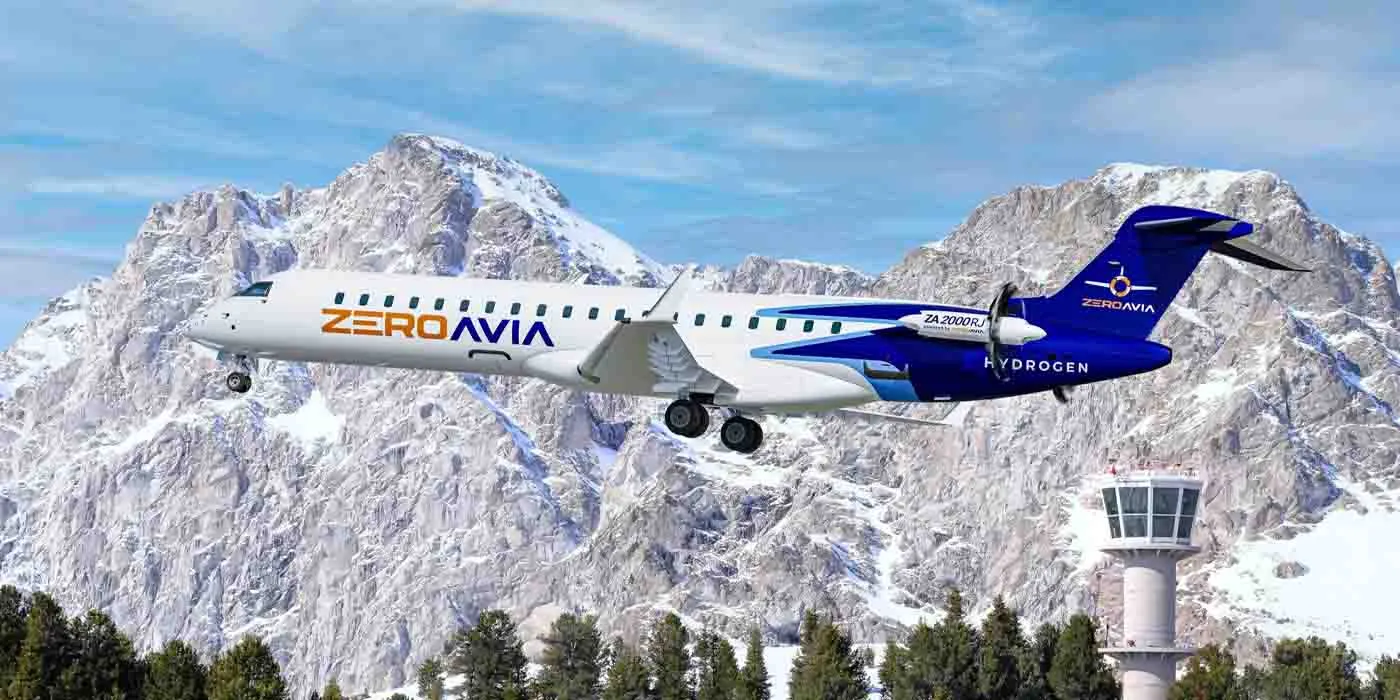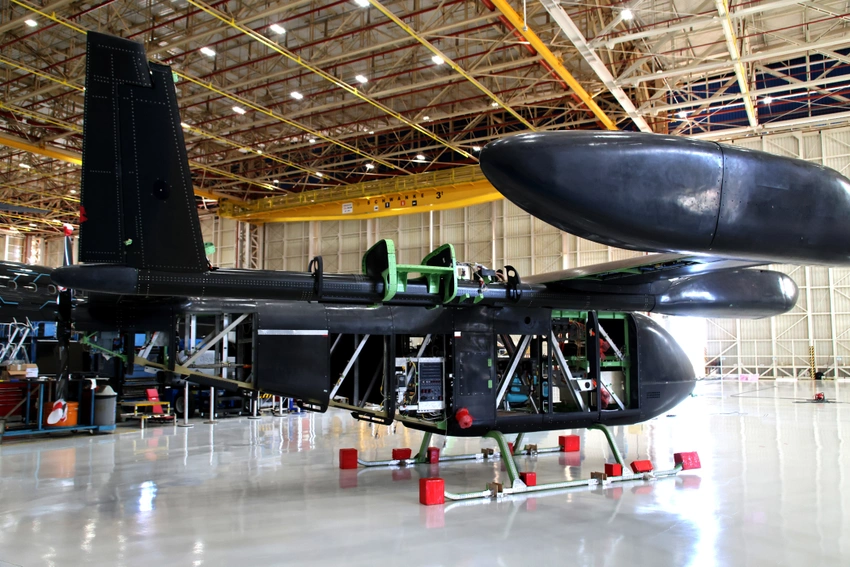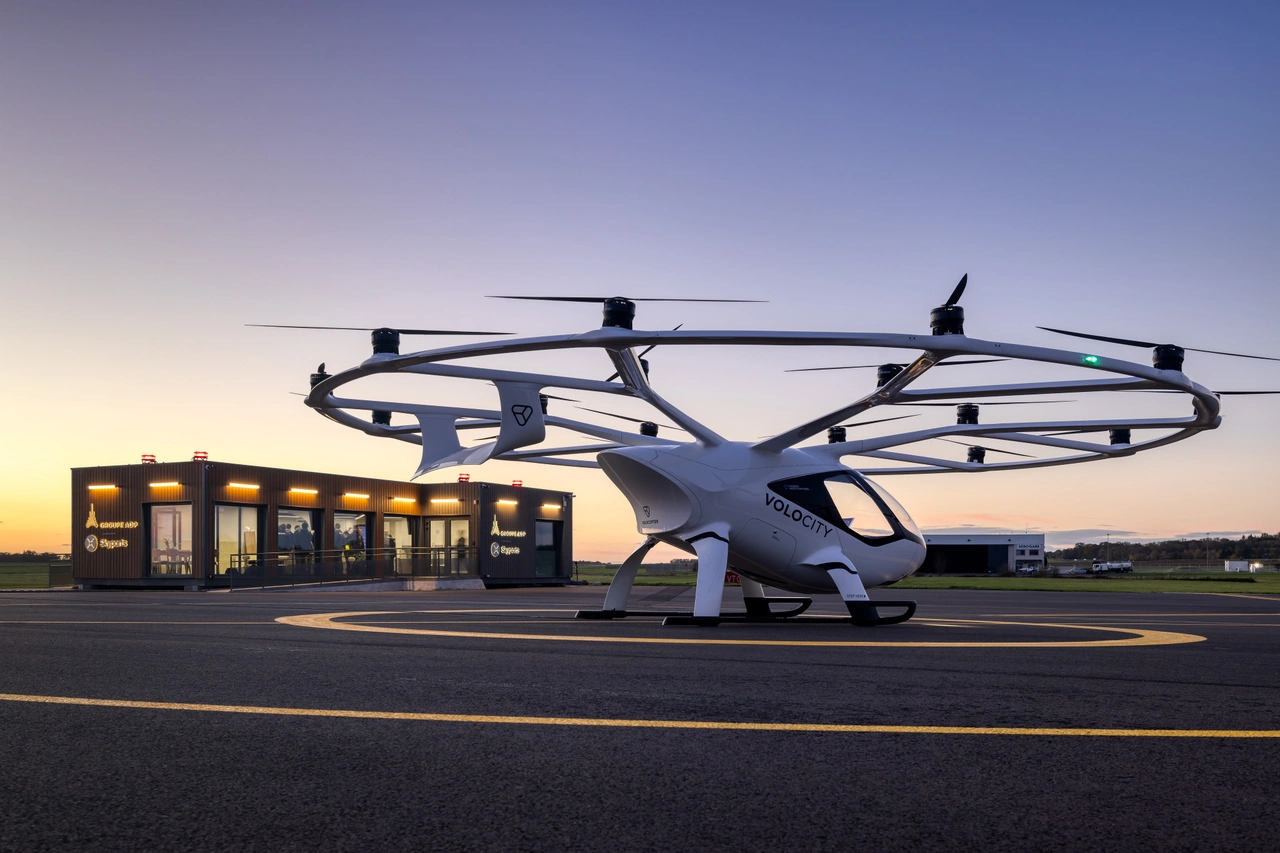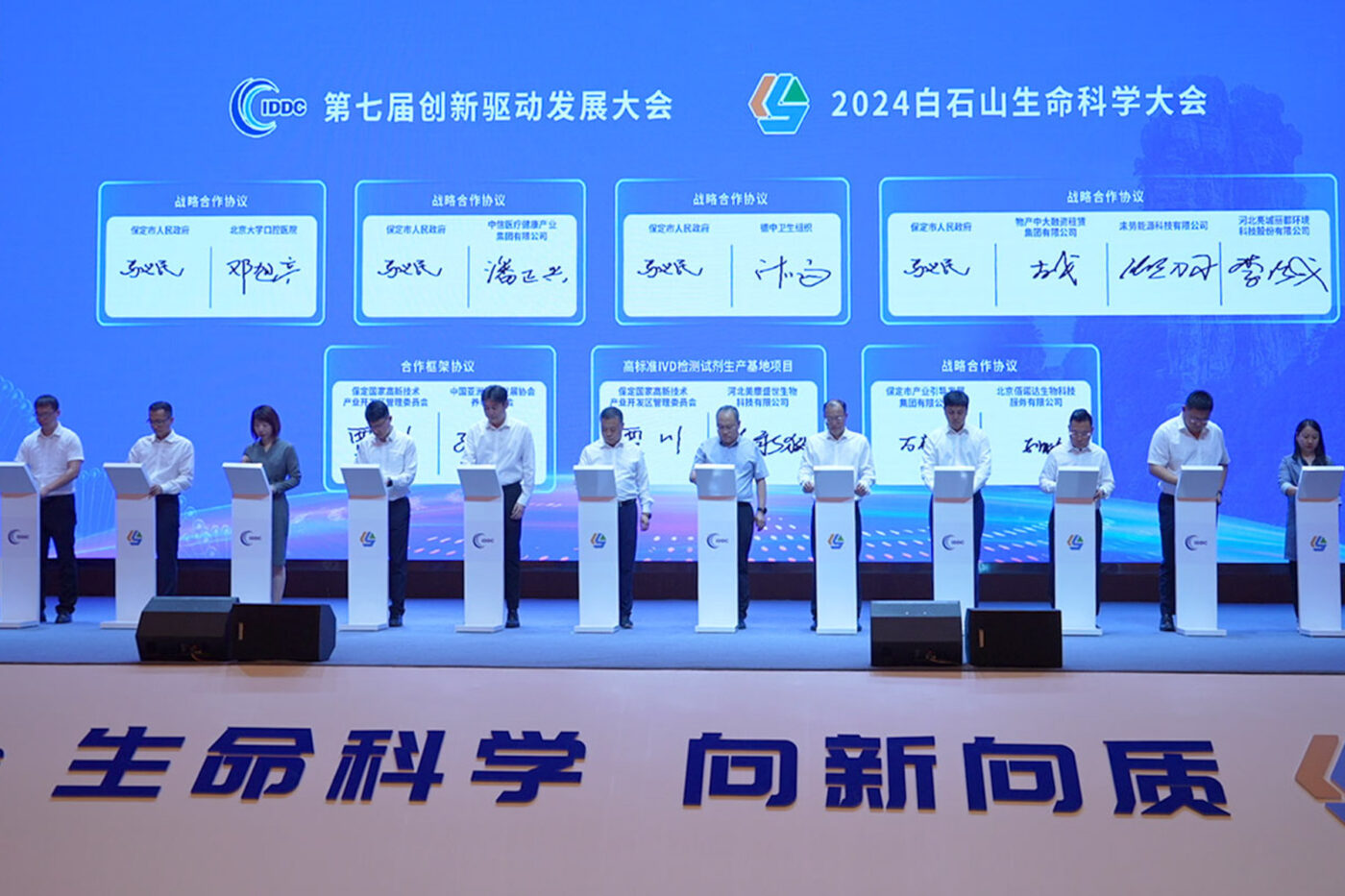ZeroAvia has unveiled a groundbreaking AI-driven software aimed at revolutionizing hydrogen production costs. Named Smart Hydrogen AI Production Software (SHAIPS), the technology boasts significant reductions in the levelized cost of hydrogen (LCOH) through advanced optimization strategies.
“Real-world testing of the Smart Hydrogen AI Production Software (SHAIPS) has shown in excess of a 20 percent reduction of the levelized cost of hydrogen (LCOH) compared to an electrolyzer generating all H2 based on the average electricity wholesale price,” the company stated in a recent press release.
SHAIPS integrates seamlessly with existing infrastructure, including renewable energy sources like solar, battery storage systems, electrolyzers, and gaseous hydrogen storage. This integration allows for efficient storage of excess renewable electricity as hydrogen or in batteries, and enables selling surplus back to the grid.
Val Miftakhov, CEO of ZeroAvia, emphasized the software’s potential impact: “Tomorrow’s aviation fuel can be made from water and sunlight with today’s technology, the only question is cost. Our advanced software team has delivered an impactful application that can provide end users in aviation, transport, and other industries the clean hydrogen fuel they need to operate, at costs that work for all parties.”
The development of SHAIPS builds upon ZeroAvia’s expertise in creating innovative energy solutions. Previously involved in the creation of Juice.net, a smart-grid charging station network control and management system, ZeroAvia’s team brings a wealth of experience in optimizing energy systems.
“With a 2025 target for entry in service of its fuel cell powertrains, the company is also pressing ahead to develop the hydrogen fuel ecosystem necessary to support aviation,” the company added.
ZeroAvia’s initiative aligns with global efforts to reduce the cost and carbon intensity of hydrogen production. In the U.S., significant investments are being made to achieve $1 per kg of hydrogen by 2030, supported by initiatives such as the Hydrogen Hubs and production tax credits. Similarly, the EU mandates hydrogen refueling stations and offers financial support through the EU Hydrogen Bank.
“SHAIPS will allow the producer to set a limit on the carbon intensity of hydrogen production, meaning the hydrogen can qualify for the most generous subsidies in their geography,” ZeroAvia highlighted.







